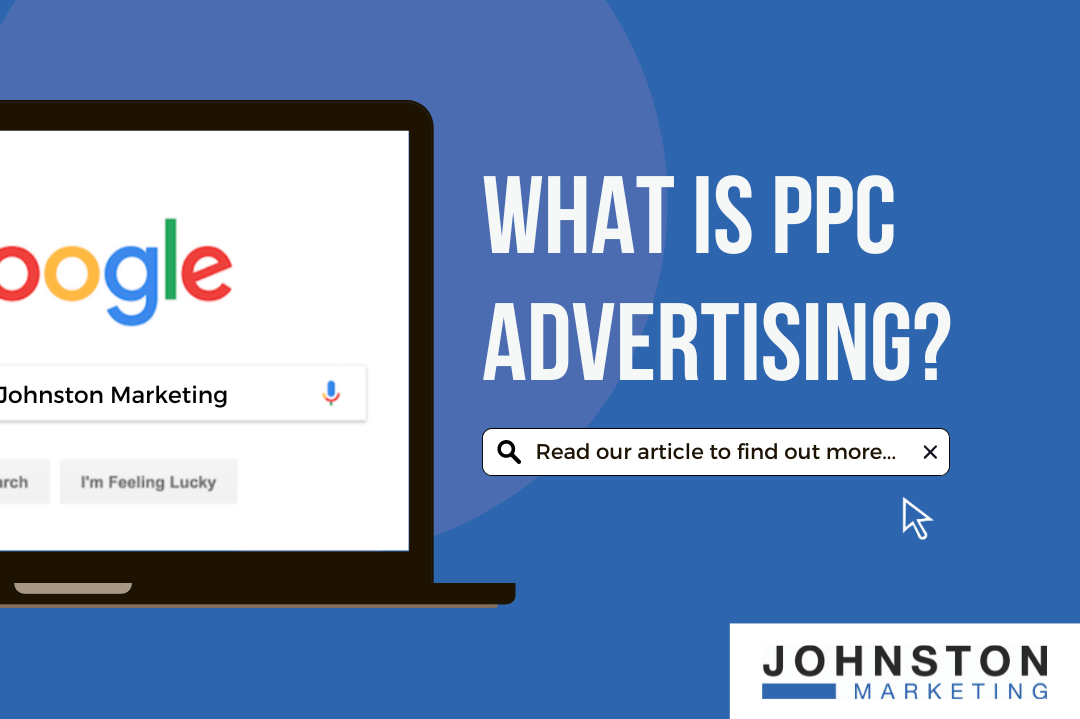Decoding Pay-Per-Click Advertising: Understanding PPC and Its Mechanics
In today’s digital age, where online visibility is crucial for business success, mastering the art of digital marketing is imperative. One such indispensable tool in the digital marketer’s arsenal is Pay-Per-Click (PPC) advertising. For businesses aiming to enhance their online presence and drive targeted traffic to their websites, understanding PPC and its mechanics is paramount.
What is PPC Advertising?
PPC advertising is a digital marketing model in which advertisers pay a fee each time one of their ads is clicked. Essentially, it’s a way of buying visits to your site rather than attempting to “earn” those visits organically. This model allows advertisers to bid for ad placement in a search engine’s sponsored links when someone searches for a keyword related to their business offering. PPC platforms like Google Ads and Bing Ads are widely used for this purpose.
How Does Pay-Per-Click advertising work?
- Keyword Research: The first step in any successful PPC campaign is thorough keyword research. Advertisers need to identify the keywords and phrases that potential customers are likely to use when searching for products or services similar to theirs.
- Ad Creation: Once the relevant keywords are identified, advertisers create compelling ads that are tailored to those keywords. These ads typically consist of a headline, a description, and a link to the advertiser’s website.
- Bid Management: Advertisers then enter into a bidding process, where they specify the maximum amount they are willing to pay for a click on their ad. The bid amount, along with the ad’s relevance and quality, determines its placement in the search engine’s sponsored results.
- Ad Auction: When a user initiates a search query that matches an advertiser’s keywords, the search engine conducts an auction to determine which ads will appear on the search results page and in what order. The auction takes into account the bid amount, ad relevance, and ad quality score.
- Ad Placement and Clicks: The ads that win the auction are displayed prominently on the search results page, typically above or below the organic search results. When a user clicks on one of these ads, the advertiser is charged the amount of their bid, and the user is directed to the advertiser’s website.
- Monitoring and Optimization: PPC campaigns require ongoing monitoring and optimization to ensure optimal performance. Advertisers analyse key metrics such as click-through rate (CTR), conversion rate, and return on investment (ROI) to refine their keyword targeting, ad copy, and bidding strategies.
Advantages of PPC Advertising:
- Immediate Results: Unlike organic search engine optimization (SEO), which can take time to yield results, PPC advertising offers instant visibility and traffic to your website.
- Targeted Advertising: PPC allows advertisers to target specific demographics, locations, and devices, ensuring that their ads are seen by the most relevant audience.
- Measurable ROI: With PPC advertising, advertisers can track and measure the performance of their campaigns in real-time, allowing for precise ROI calculations and informed decision-making.
- Budget Control: PPC platforms offer flexible budgeting options, allowing advertisers to set daily or monthly spending limits and adjust their budgets as needed.
PPC advertising is a powerful tool for businesses looking to increase their online visibility, attract targeted traffic, and generate leads and sales. By understanding the mechanics of PPC and implementing effective strategies, businesses can leverage this digital marketing channel to achieve their marketing objectives and drive business growth.
At Johnston Marketing, creating PPC campaigns that deliver tangible results for our clients is just one of our many services on offer. Contact us today to learn how we can help elevate your online presence through strategic PPC advertising.


